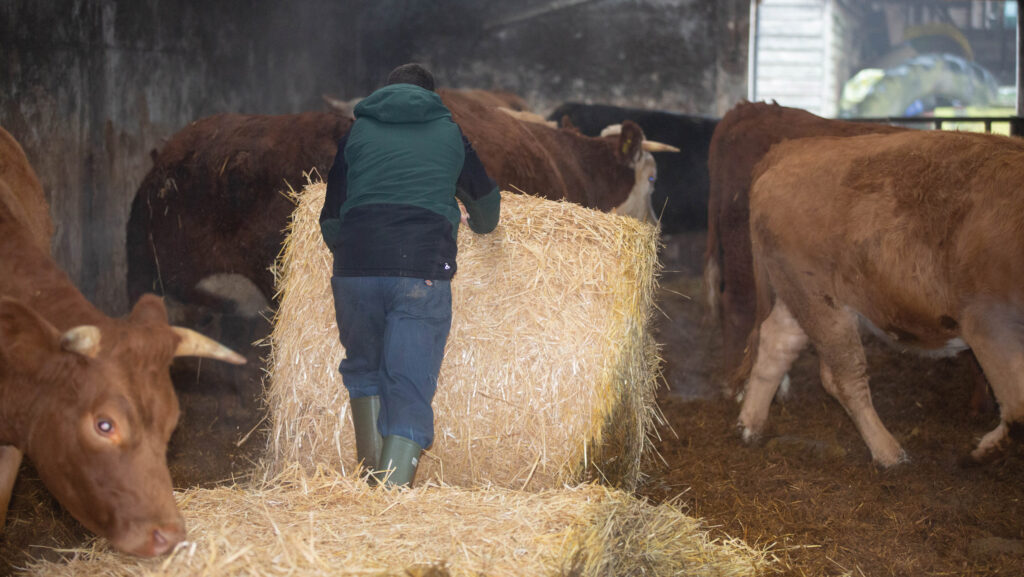Rural estates struggle to attract staff despite pay rises
 © Tim Scrivener
© Tim Scrivener Securing quality staff remains an obstacle for many farming estates, despite offering competitive pay packets and accommodation.
A survey by land agency Knight Frank revealed that almost 90% of estates surveyed were struggling to attract competent staff.
Staff retention also seems to be getting harder, with 60% of respondents saying it was becoming more challenging to hold on to decent workers.
See also: What are the job prospects in food and farming?
Difficulties attracting staff weren’t just limited to the domestic workforce either, with many businesses finding it harder to entice workers from overseas.
This is despite salaries for estate directors increasing by almost 40% in the past decade and 11% in the past three years alone, to average £103,000.
Figures from Knight Frank show that farmworkers have received a 42% pay increase since 2015, with “skilled” farmworkers being paid £34,131 on average and “unskilled” workers £27,770.
Meanwhile, average incomes for farm managers on estates surpassed £50,000 for the first time in 2025.
This represents a 23% increase in the past decade, but just a 2% uplift since 2022, indicating that wage growth in this area may be stagnating.
Alastair Paul, a partner at Knight Frank, said: “Employing the right people has never been more important.
“However, a consistent theme over the last 10 or so years of us publishing our Estate Staff Salary Survey has been the difficulty rural estates have attracting employees. This year’s instalment is no different.”
Mr Paul noted that people with the right skills for these jobs were often in demand by other higher paying or more “fashionable” sectors that may have greater appeal to younger workers.
He said: “It is obviously impossible to change where an estate is, but greater acceptance of hybrid working, which is still relatively uncommon in the rural sector, could help attract candidates from a much wider geographical area.
“Providing ongoing training, the opportunity to learn new skills and a clear focus on career progression will also be essential for competing with other sectors.”
The agricultural sector is unique in that accommodation is often provided alongside employment, which can help to attract staff.
However, the survey found that almost half of farming estates providing accommodation for employees were not fully accounting for the market rental value of these properties.
